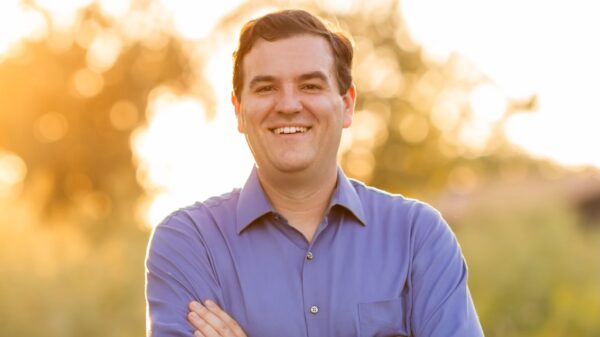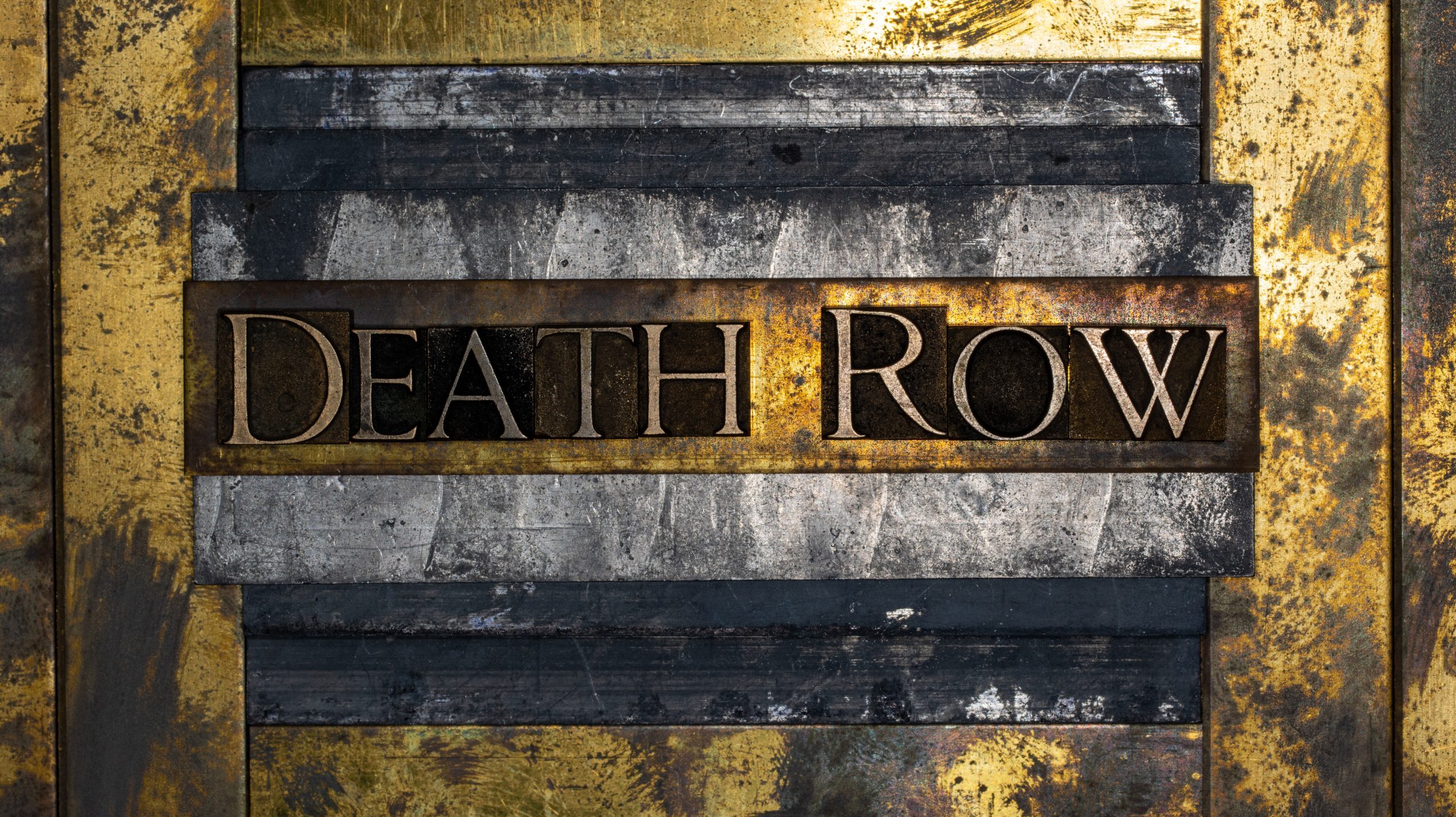On Thursday, Carey Dale Grayson was executed at William C. Holman Correctional Facility in Atmore, marking a significant moment in Alabama’s use of capital punishment. Convicted for the 1996 murder of Vickie DeBlieux, Grayson’s death was carried out using nitrogen hypoxia—a method that remains shrouded in controversy due to its limited testing and implementation.
Grayson, who spent nearly three decades on death row, was pronounced dead at 6:33 p.m. The Alabama Department of Corrections confirmed that his final hours were spent in quiet contemplation. Refusing both breakfast and lunch, he requested a last meal of soft tacos, beef burritos, tostadas, chips, guacamole, and Mountain Dew Blast. The day before his execution, Grayson met with 11 visitors and received three phone calls, while the day of his death saw a reduced number of visitors and calls. His body was transferred to the Alabama Department of Forensic Sciences Mobile Lab for a postmortem examination.
Jodi Haley, DeBlieux’s daughter, spoke with raw emotion to those gathered at the execution, according to media reports. Her words provided a rare perspective on the execution process, blending grief with a call for societal reflection. “I don’t know what it is like to have a mother while going through life, graduation, marriage, children, hurts, and joys,” Haley said, her voice trembling. “I have had to experience life without her presence because all those opportunities were stolen from her.”
Haley acknowledged the broader societal factors that may have contributed to Grayson’s actions. “Society failed [Grayson] as a child, and my family suffered because of it,” she stated. Her remarks took a striking turn as she questioned the moral justification of capital punishment. “Maybe he would have had words of wisdom for someone to prevent another guy from ever returning to prison. Who knows the positive impact he could have had on lives,” Haley said. “Revenge, to me, an eye for an eye justification, is not right. We use that justification, but then in that same breath we say, ‘Vengeance is mine, says the Lord.’ We have to make up our minds because you can’t ride two horses with one ass.”
Haley concluded with a call for change, urging compassion over retribution. “To love, to forgive, and to rid oneself of pain and hatred are fundamental requirements to induce the change for a better tomorrow. Murdering inmates under the guise of justice needs to stop. State-sanctioned homicide needs never be listed as cause of death.”
Governor Kay Ivey, who declined to grant clemency, stood firm in her decision. In a statement, she described the brutality of Grayson’s crime: “Some thirty years ago, Vickie DeBlieux’s journey to her mother’s house and ultimately, her life, were horrifically cut short because of Carey Grayson and three other men… An execution by nitrogen hypoxia bears no comparison to the death and dismemberment Ms. DeBlieux experienced.”
Alabama Attorney General Steve Marshall echoed Ivey’s sentiment, labeling Grayson a “truly vicious monster” and affirming that “justice has been served.” Marshall expressed frustration at the lengthy appeals process, saying, “My hope is that one day it will not take three decades to provide justice for other victims of violent crimes.”
The execution drew sharp criticism from human rights organizations. Amnesty International’s TJ Riggs condemned Alabama’s reliance on the death penalty, particularly its use of nitrogen hypoxia, which he described as an “untested and inhumane” method. “While most of the world has moved away from the cruel and inhuman practice of the death penalty, it’s shameful that Alabama just carried out its sixth execution this year,” Riggs said. “Alabama must devote resources to alternatives to the death penalty that would better address crime at its roots and protect human rights.” Riggs also pointed to systemic flaws in the death penalty’s implementation, asserting that it disproportionately impacts marginalized communities and risks executing innocent people.
Grayson’s execution marks Alabama’s sixth this year, the highest number in the nation. The state’s use of nitrogen hypoxia—a method that deprives the inmate of oxygen by replacing it with nitrogen—has drawn international scrutiny. Advocates argue the method lacks sufficient testing to ensure it is more humane than lethal injection or electrocution. As Alabama continues its aggressive application of capital punishment, the deep divisions in public opinion remain evident. While some see executions as a necessary tool for justice, others, like Haley, argue that they represent a failure of morality and governance. Grayson’s death adds another chapter to the fraught history of the death penalty in America, a practice that some say belongs to a bygone era.















































